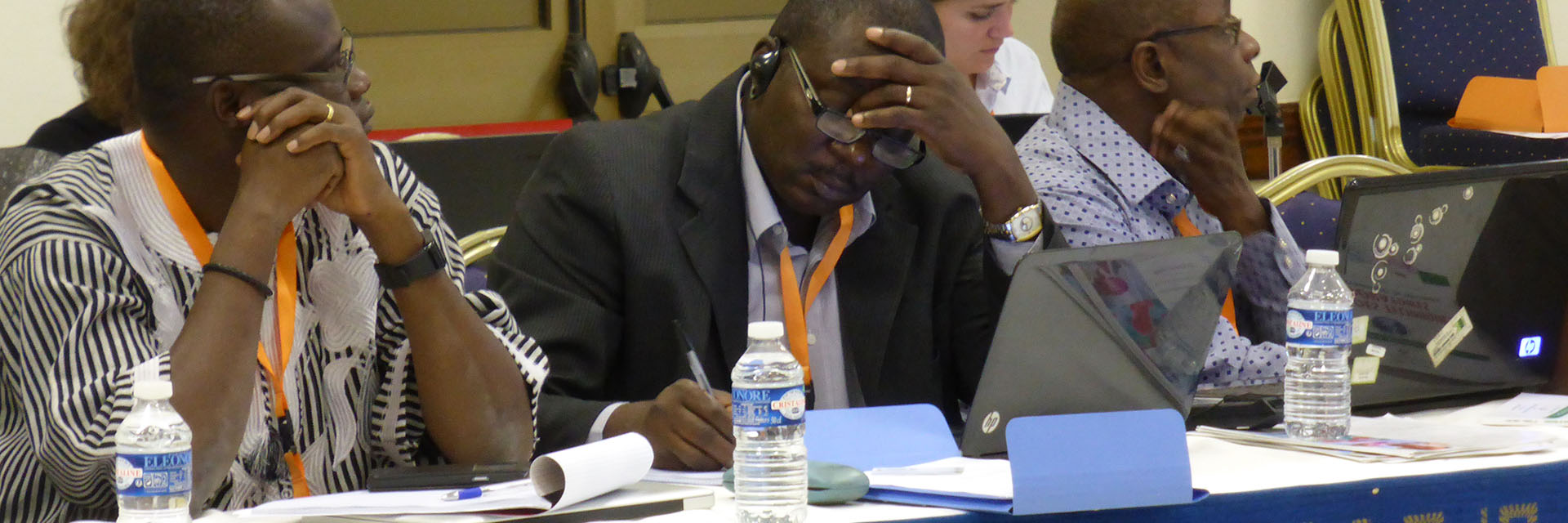Overview
- First Mérieux Foundation mission in 2012
- RESAOLAB network member since 2013
- Mérieux Foundation office: 3 Nigerian employees

Since 2016, Niger is part of the G5 Sahel Biosafty Network, with Burkina Faso, Mali, Mauritania and Chad. We carry out this project with the Charles Mérieux Center for Infectious Disease of Mali, the GIZ (German Federal Enterprise for International Cooperation) and the Bundeswehr Institute of Microbiology as part of the German Partnership Program for Excellence in Biological and Health Security of the German foreign minister.
It aims to strengthen the capacities of these countries to better respond to biological threats by providing them with equipment, technical and practical training on the G5 Sahel mobile laboratory entrusted to the Charles Mérieux Infectiology Centre in Mali, theoretical and practical training in biosafety-biosecurity, and field deployment exercises for the mobile laboratory. A rapid response team is made up of scientists from the 5 Sahelian countries who are qualified to handle in the mobile laboratory. The project is supported by the Ministries of Health of the five G5 Sahel countries and technical support from the World Health Organization and the West African Health Organization.
In Niger, the Tackling Deadly Diseases in Africa/L’Afrique contre les épidémies (TDDA/ACE) project is a project to strengthen health systems and institutions in Mali, Niger, Ivory Coast, Chad, Cameroon, and Uganda to enable them to improve global health security by reducing the impact of disease outbreaks, epidemics, and other public health threats throughout sub-Saharan Africa.
Niger is also part of the REDISSE Project (Regional Disease Surveillance Systems Enhancement) to improve disease surveillance system. Funded by the World Bank through the West African Health Organization, the project aims to reinforce health district laboratories’ capacities in the 15 ECOWAS countries, in order to:
With the Centre for International Cooperation in Health and Development (CCISD), we were mandated to reinforce health districts’ integrated disease surveillance capacities.
Niger is one of the 7 country members of the RESAOLAB network of West African laboratories we created with the ministries of health of participating countries. As part of this network, it participates annually in training, laboratory supervision, quality assurance and external quality assessment.
As an essential step in the local appropriation of a real strategy for the management of analytical laboratories, we inaugurated in 2018 the health Laboratory Department in Niamey (which houses the External Quality Assessment Laboratory) and the Zinder Continuing Education Centre in Biology.
In close collaboration with the Health Laboratories Directorate of Niger and with the support of the Prince’s Government of Monaco, we are involved in the RELABNI project, to sustainably strengthen the quality and access to biological diagnostics in Niger by perpetuating the activities and results of the RESAOLAB Program through :
Previous
Revive
Pause